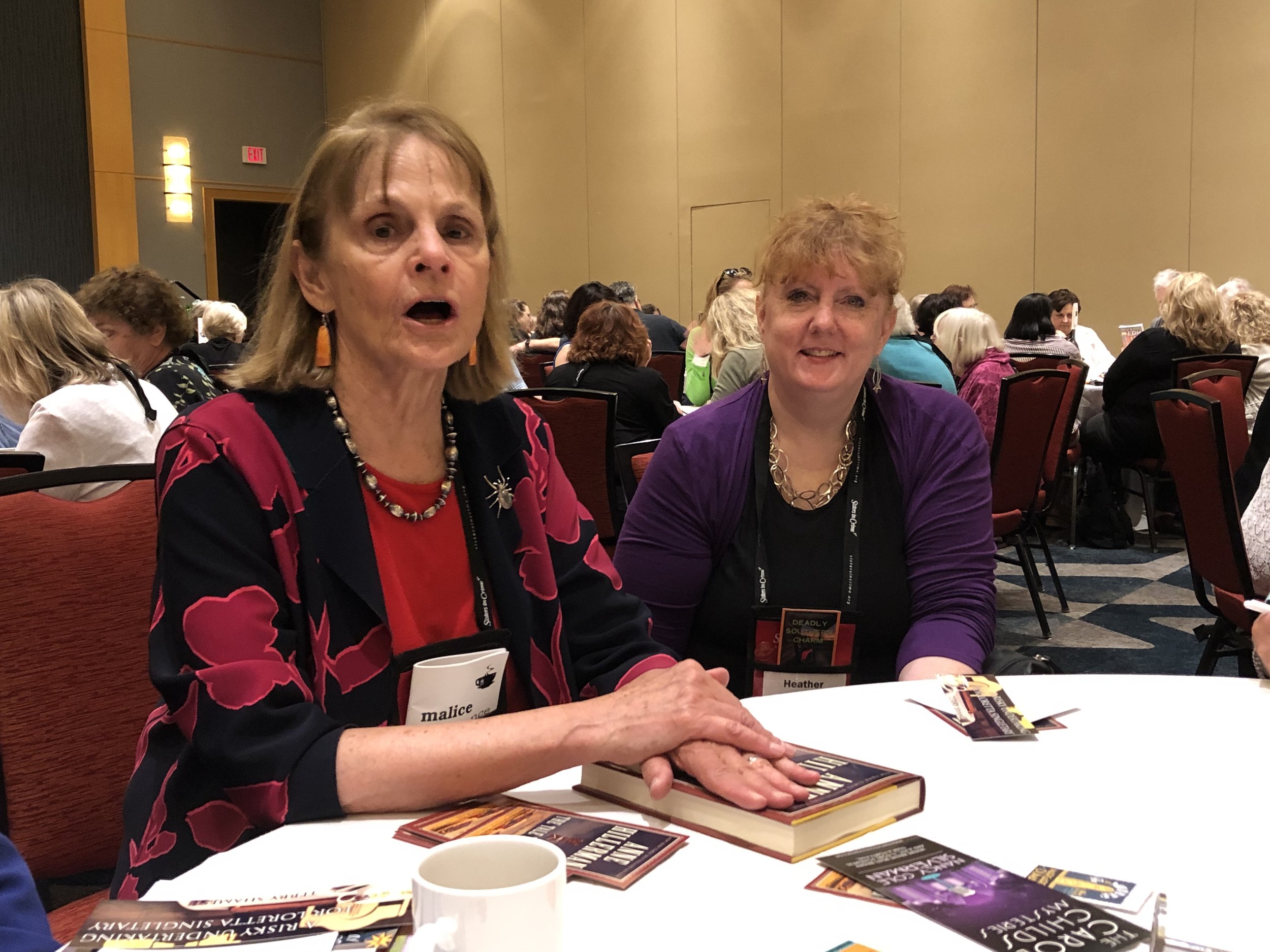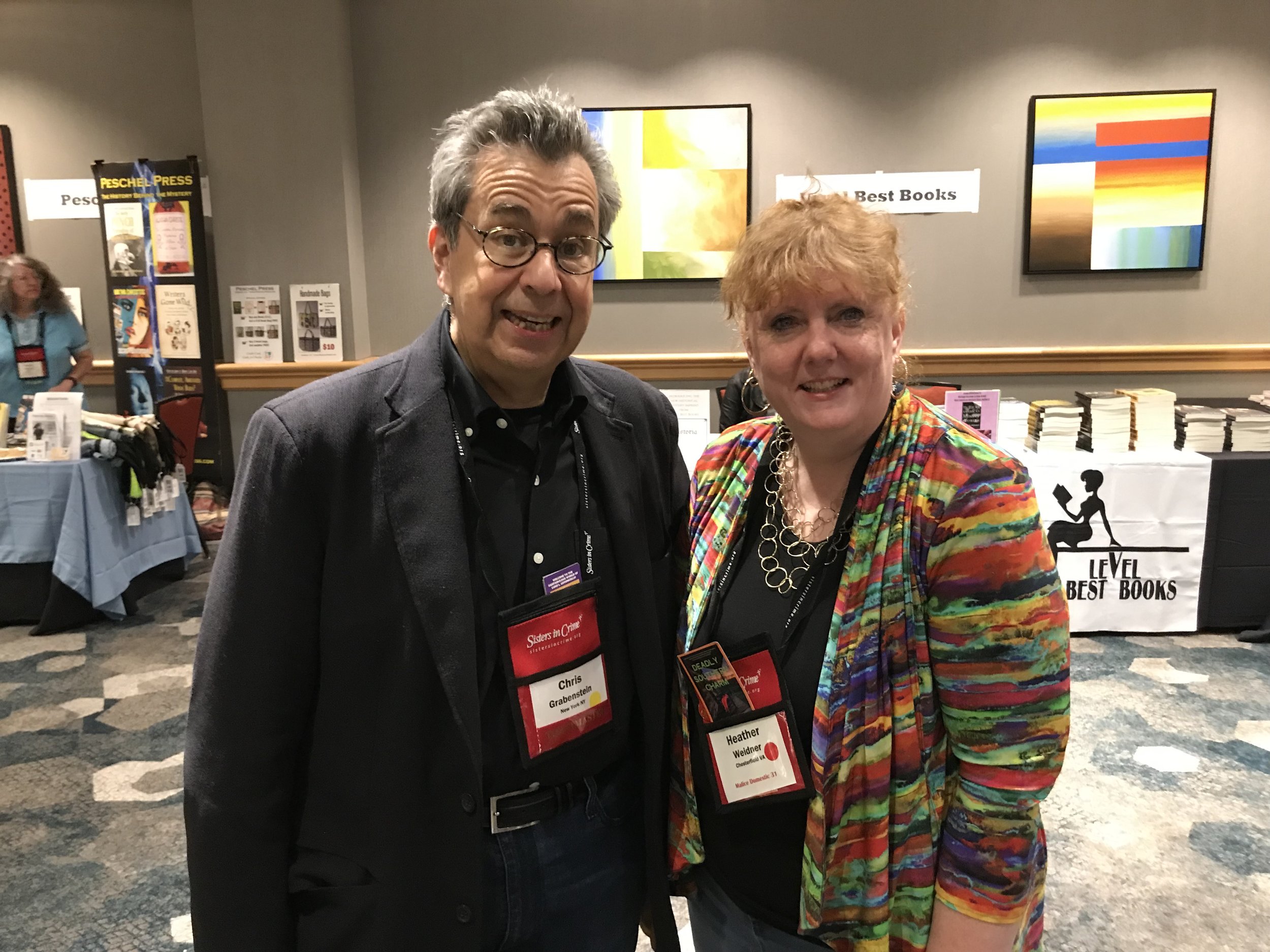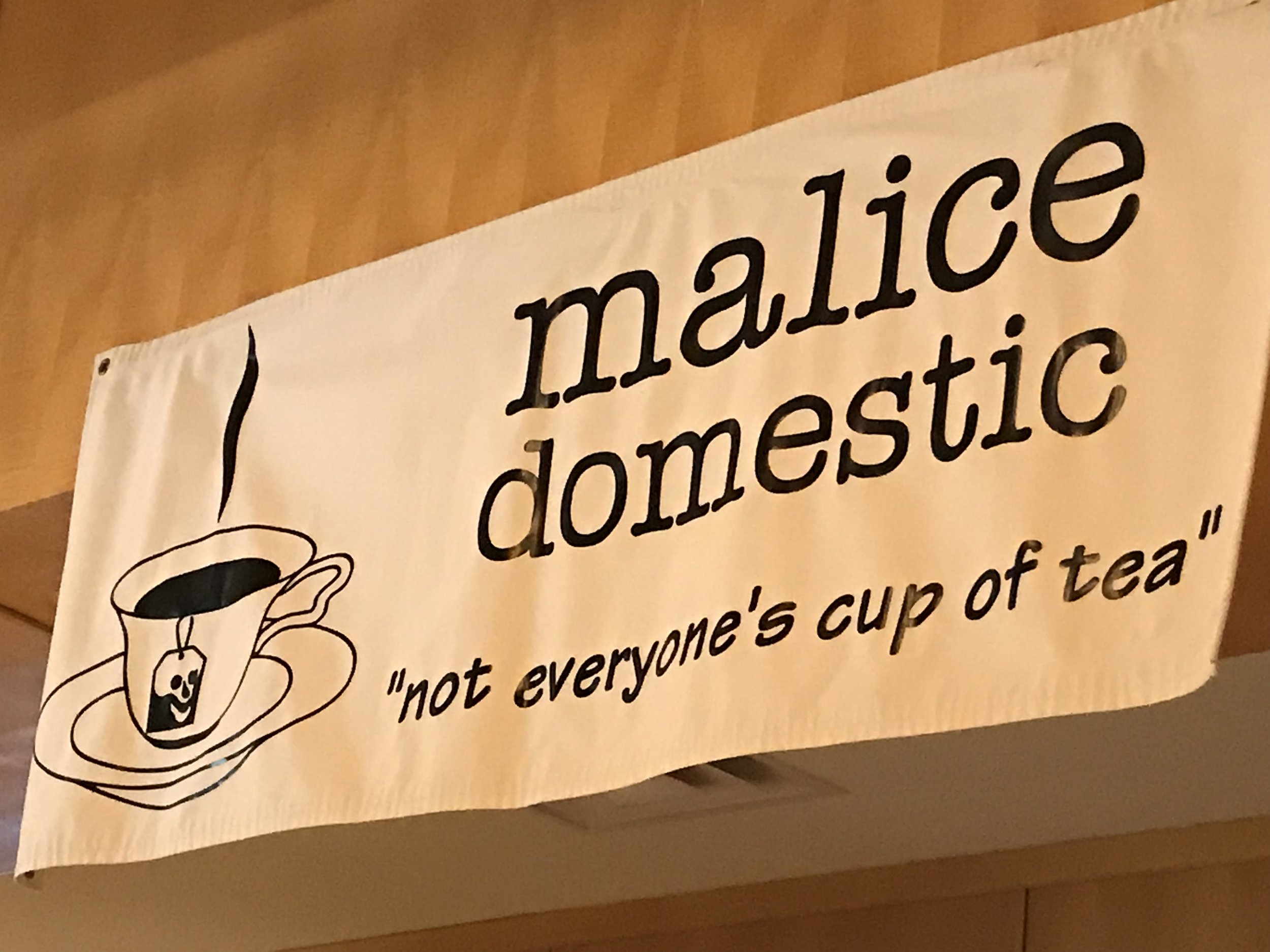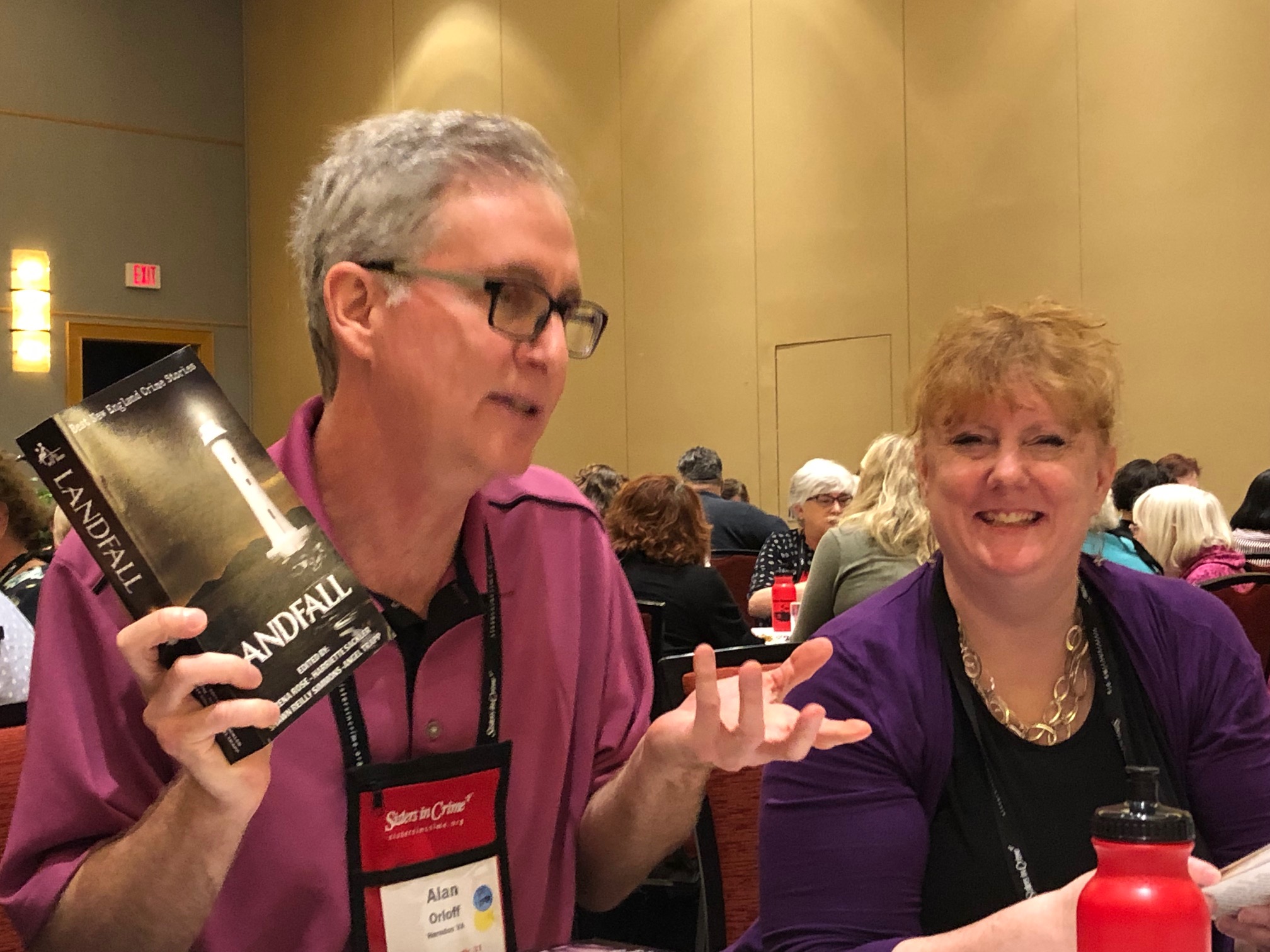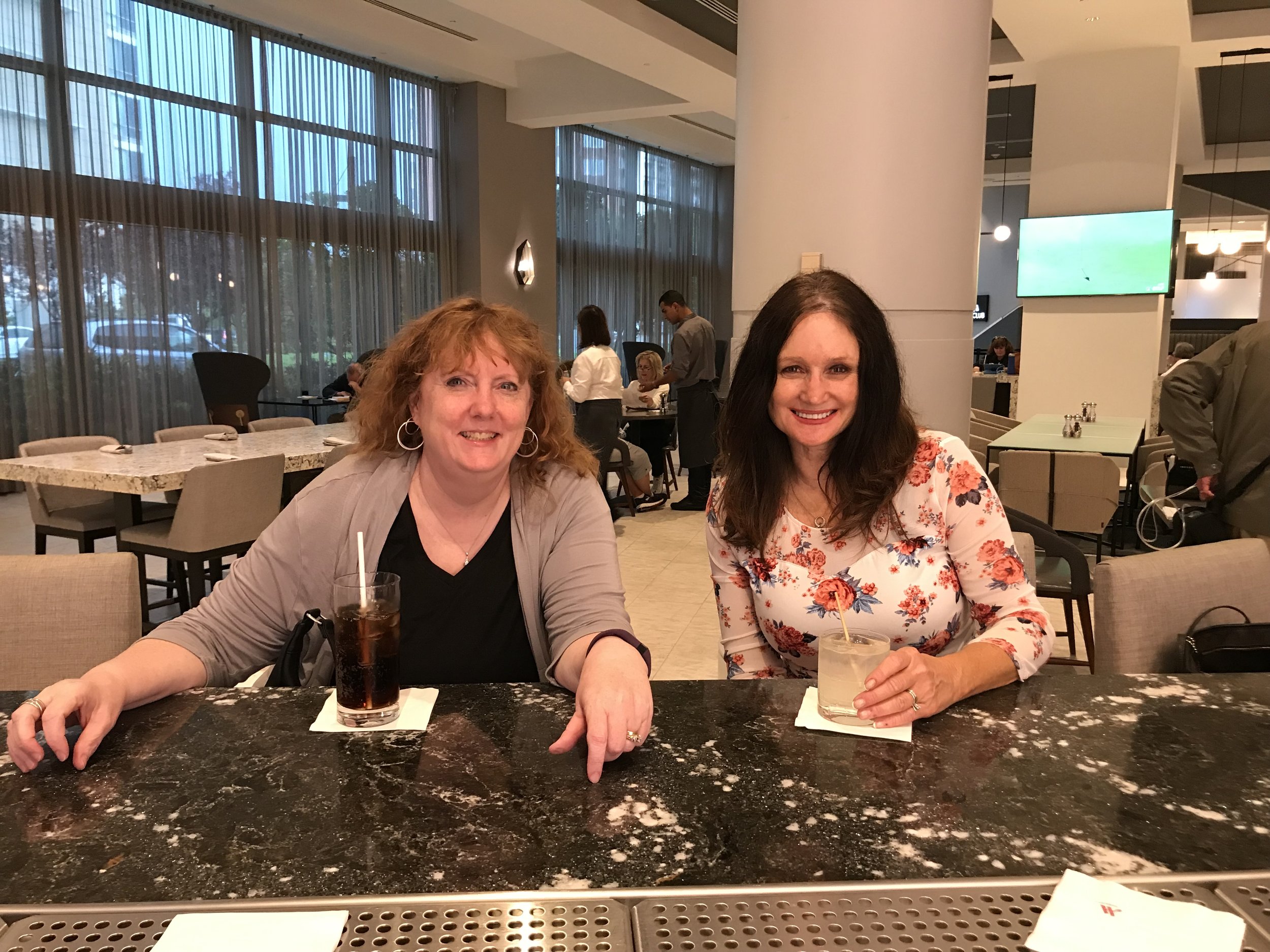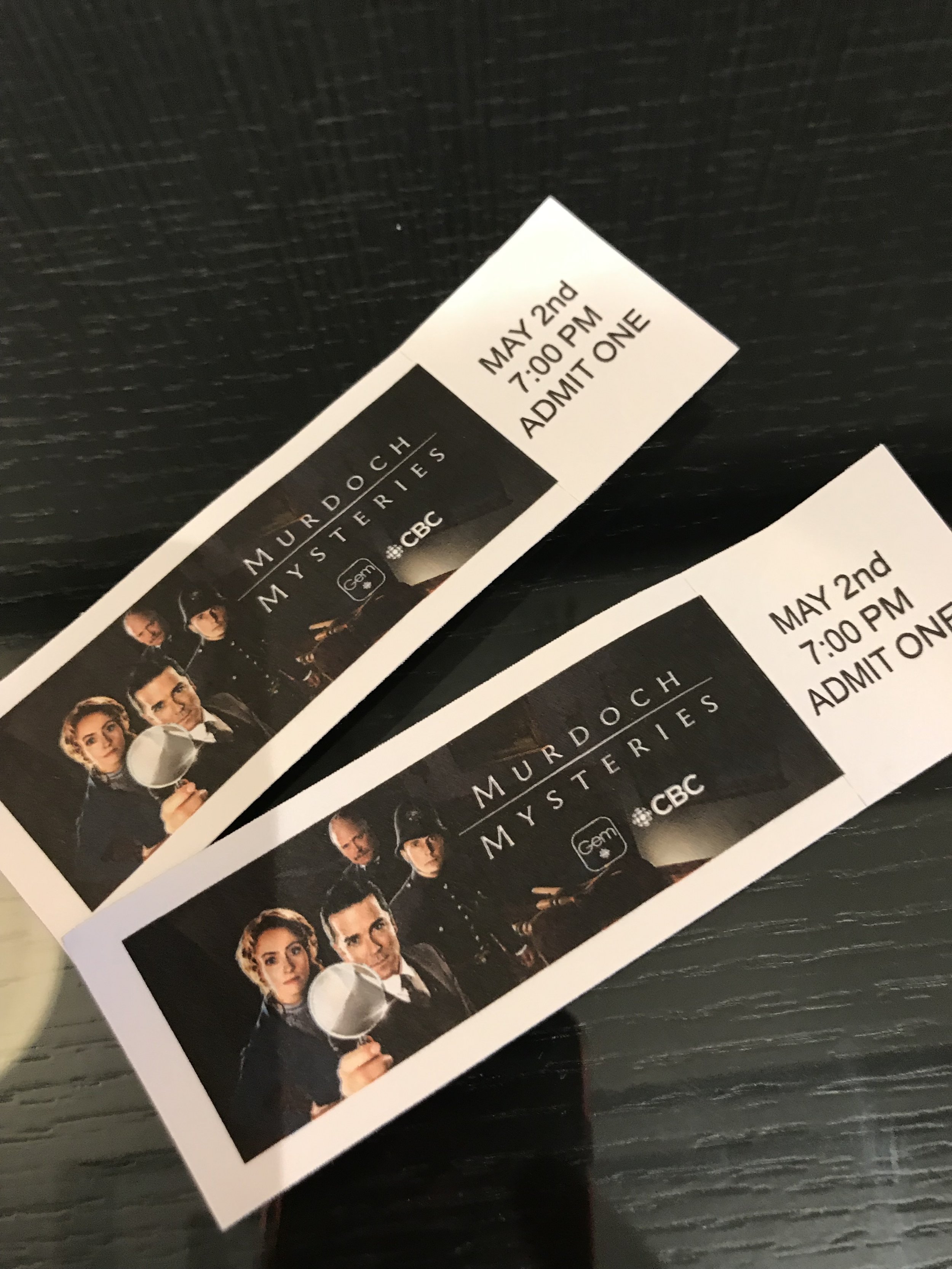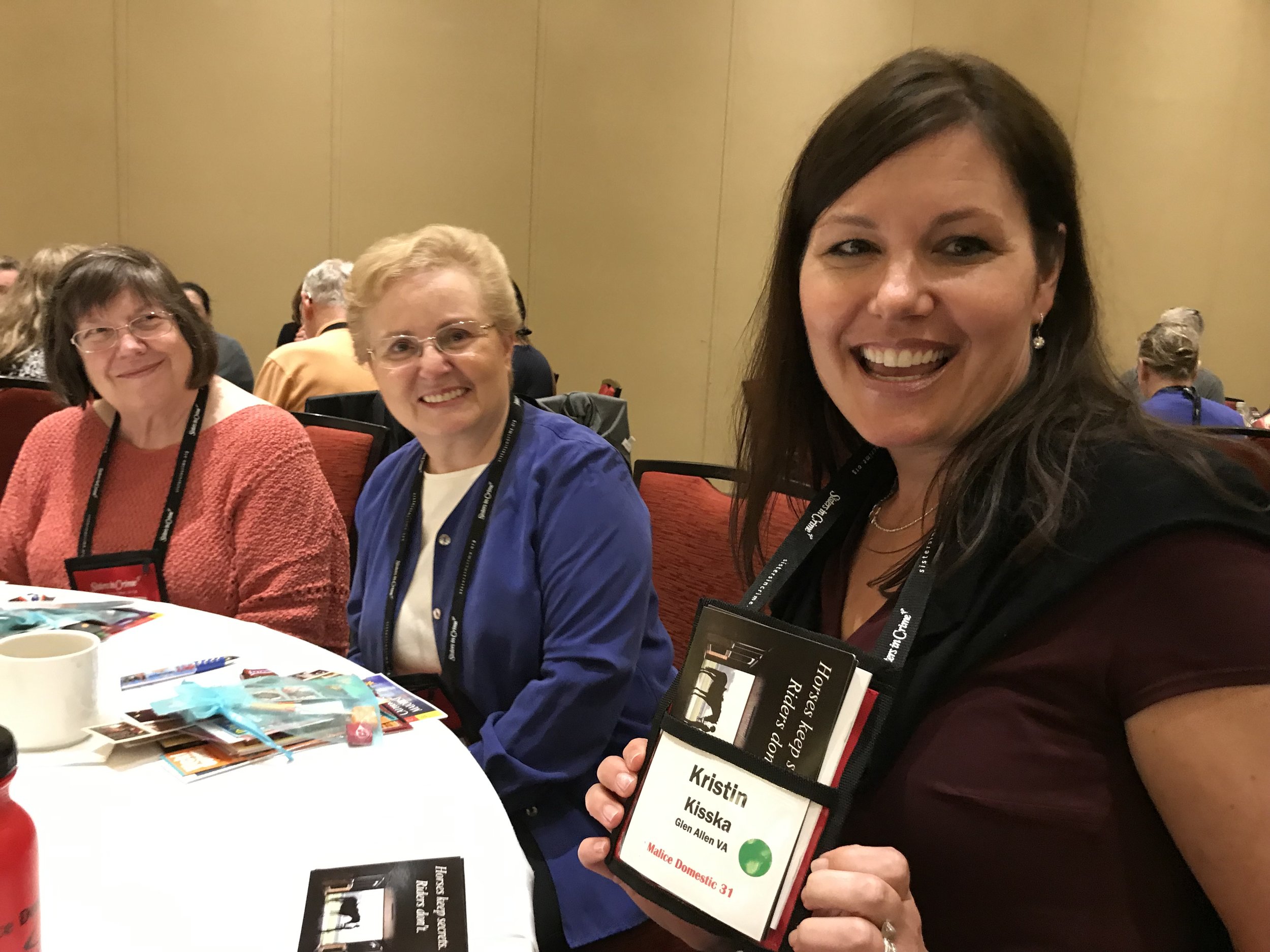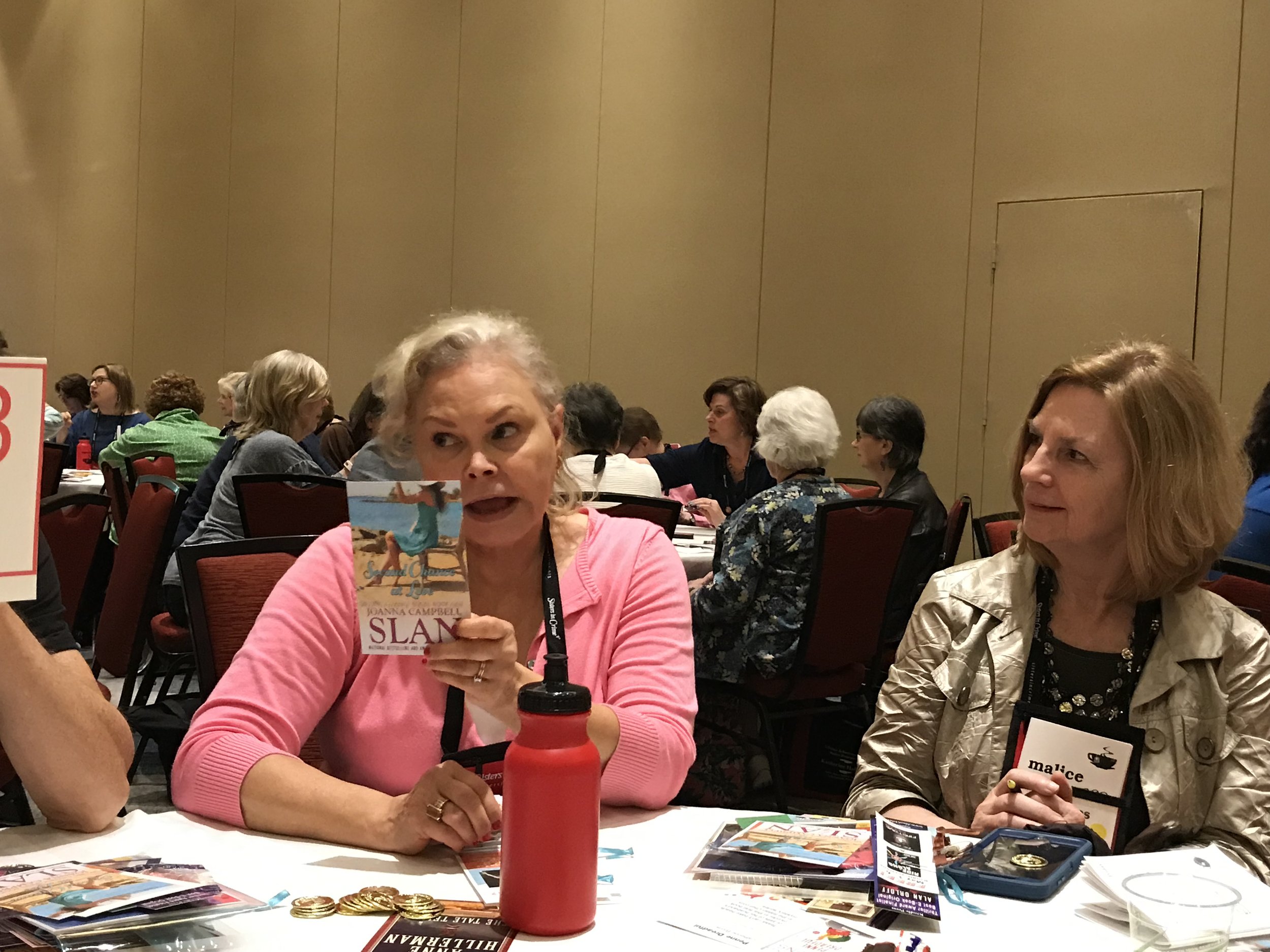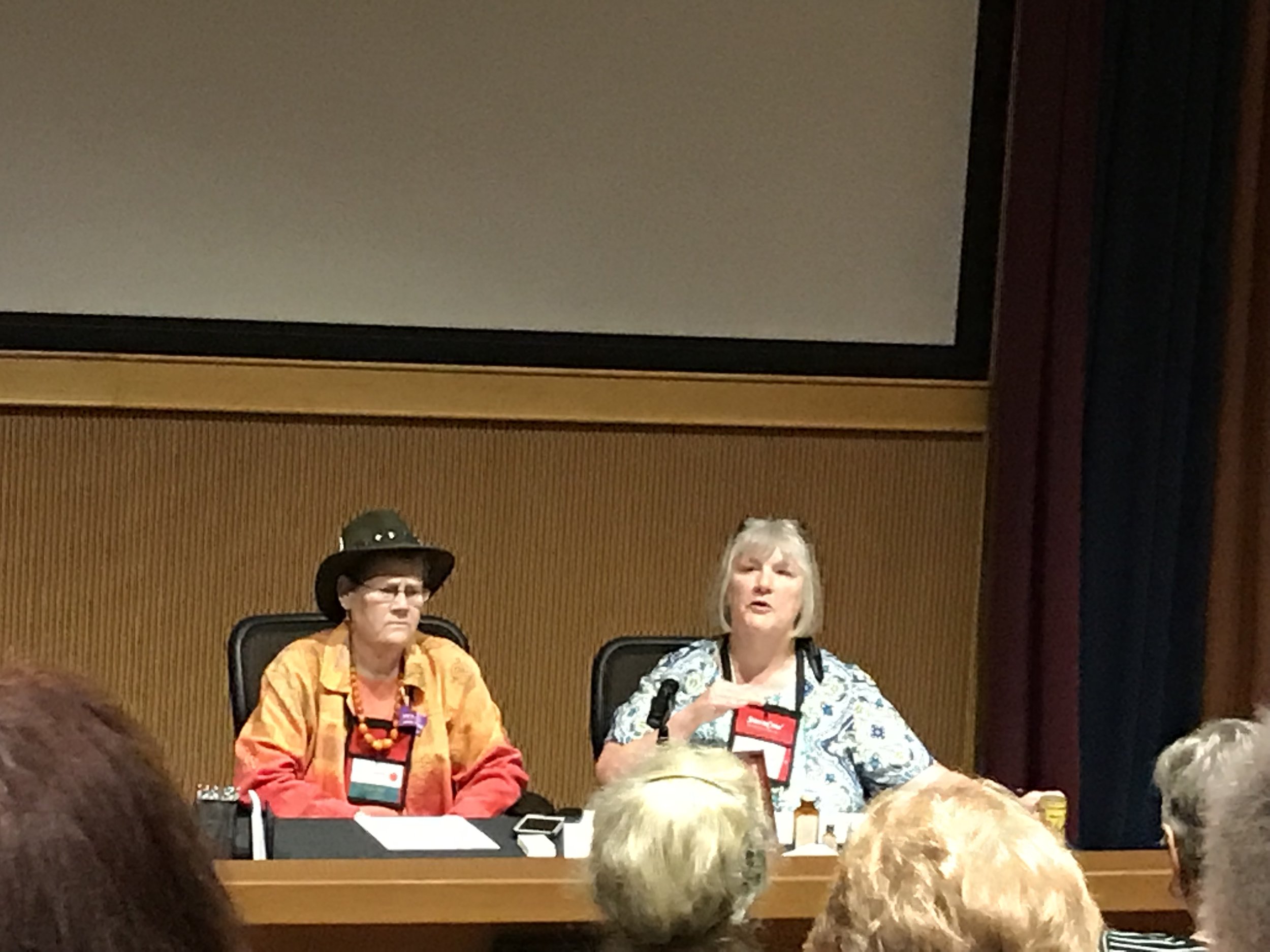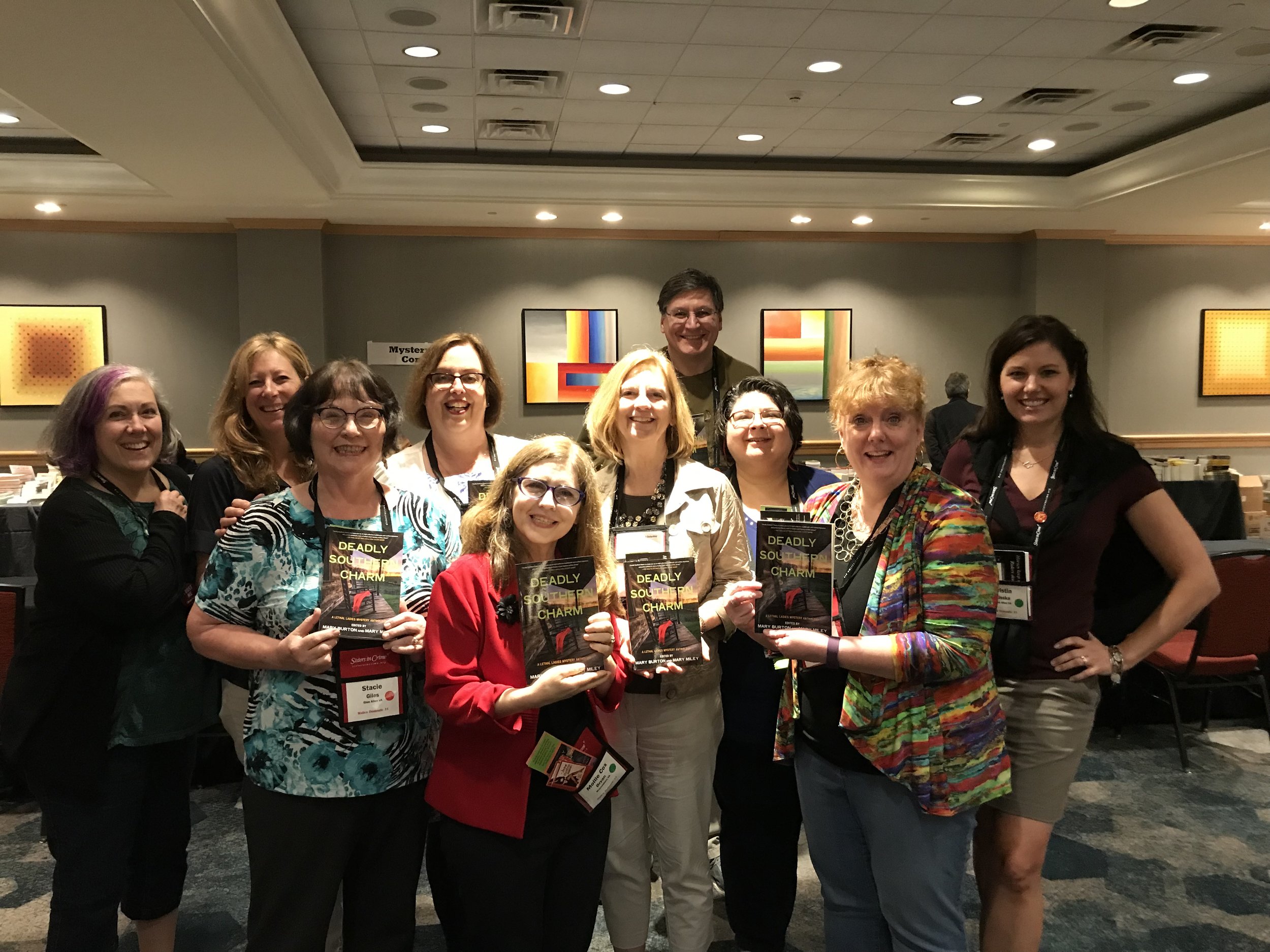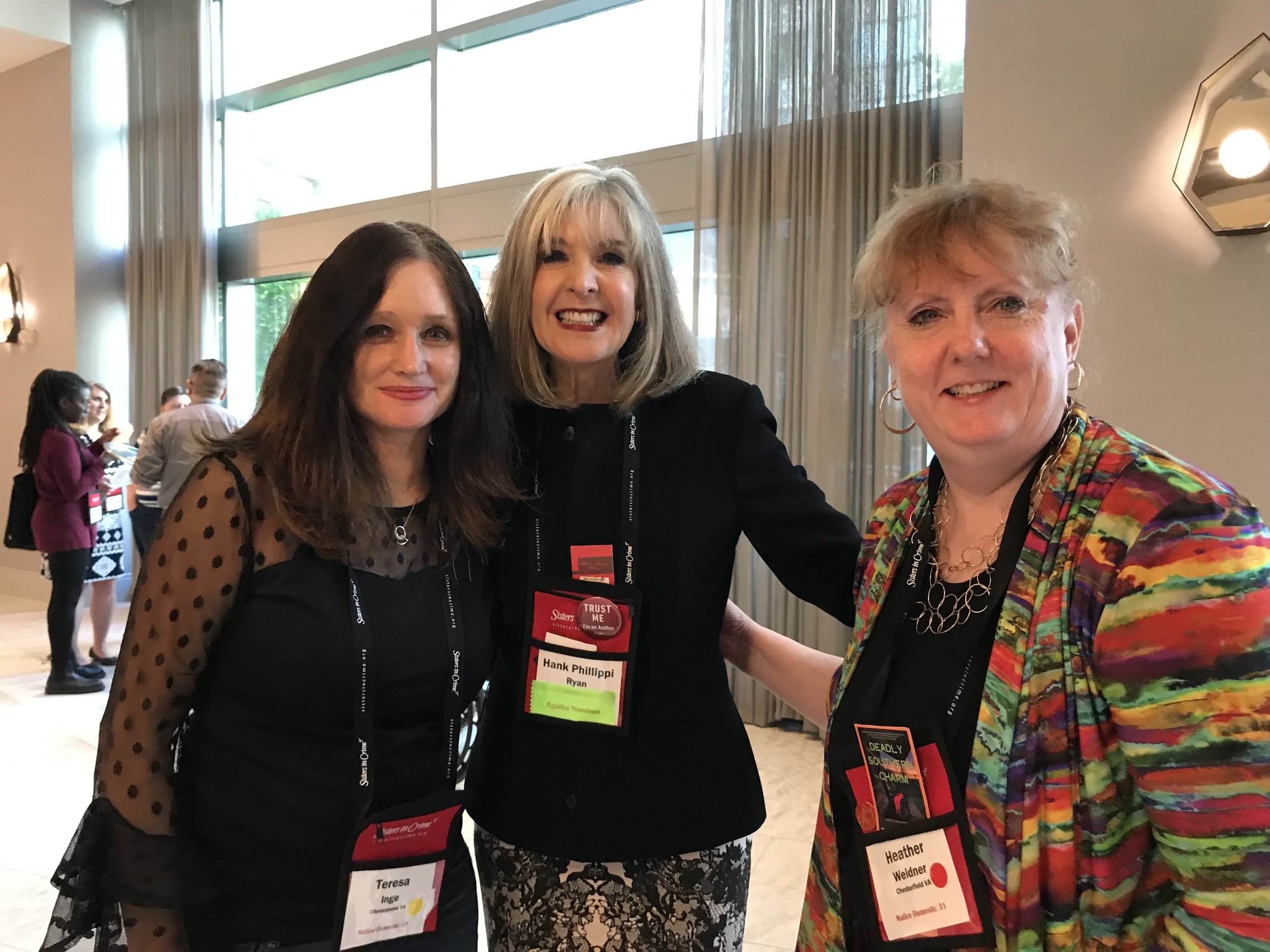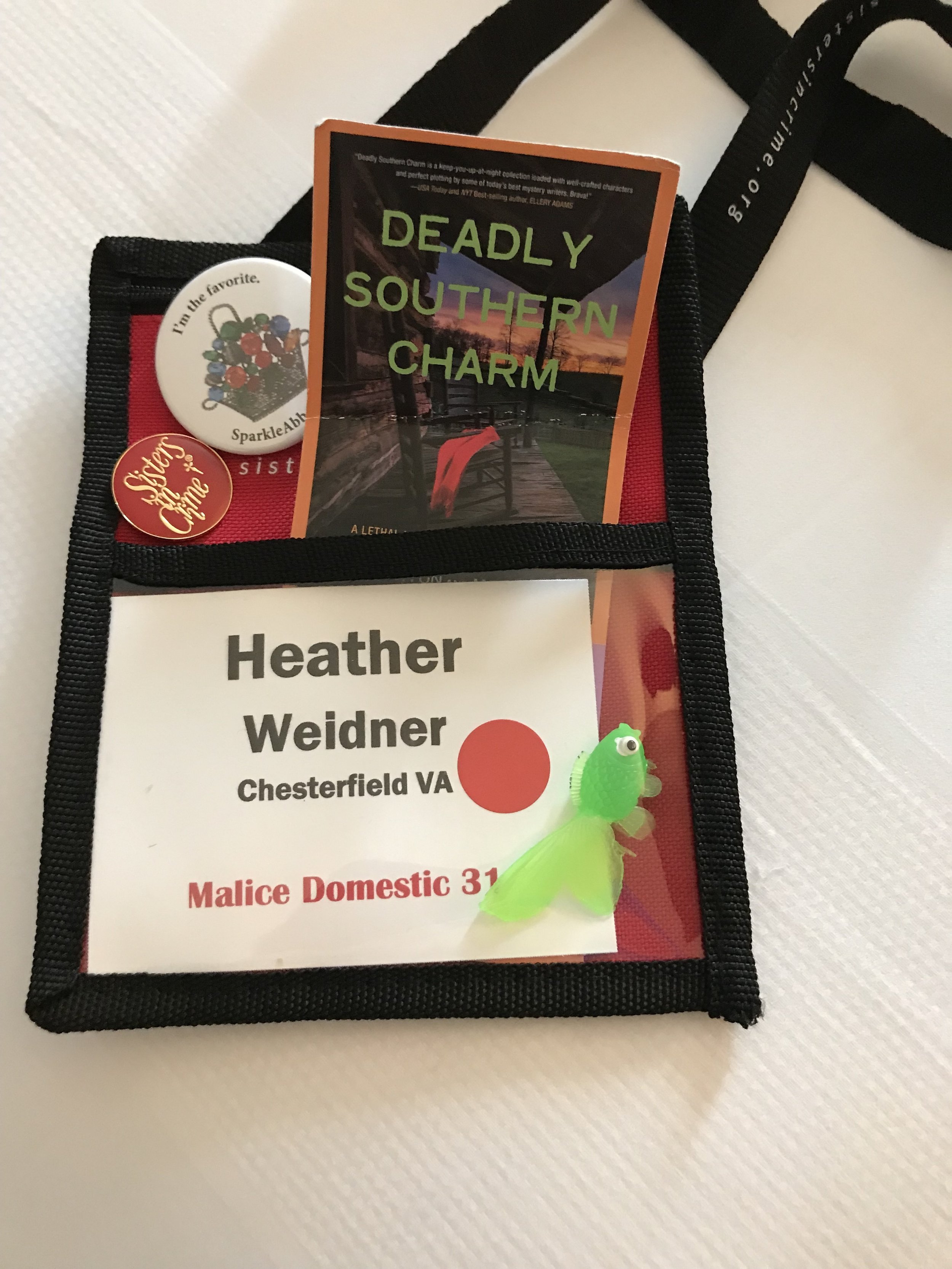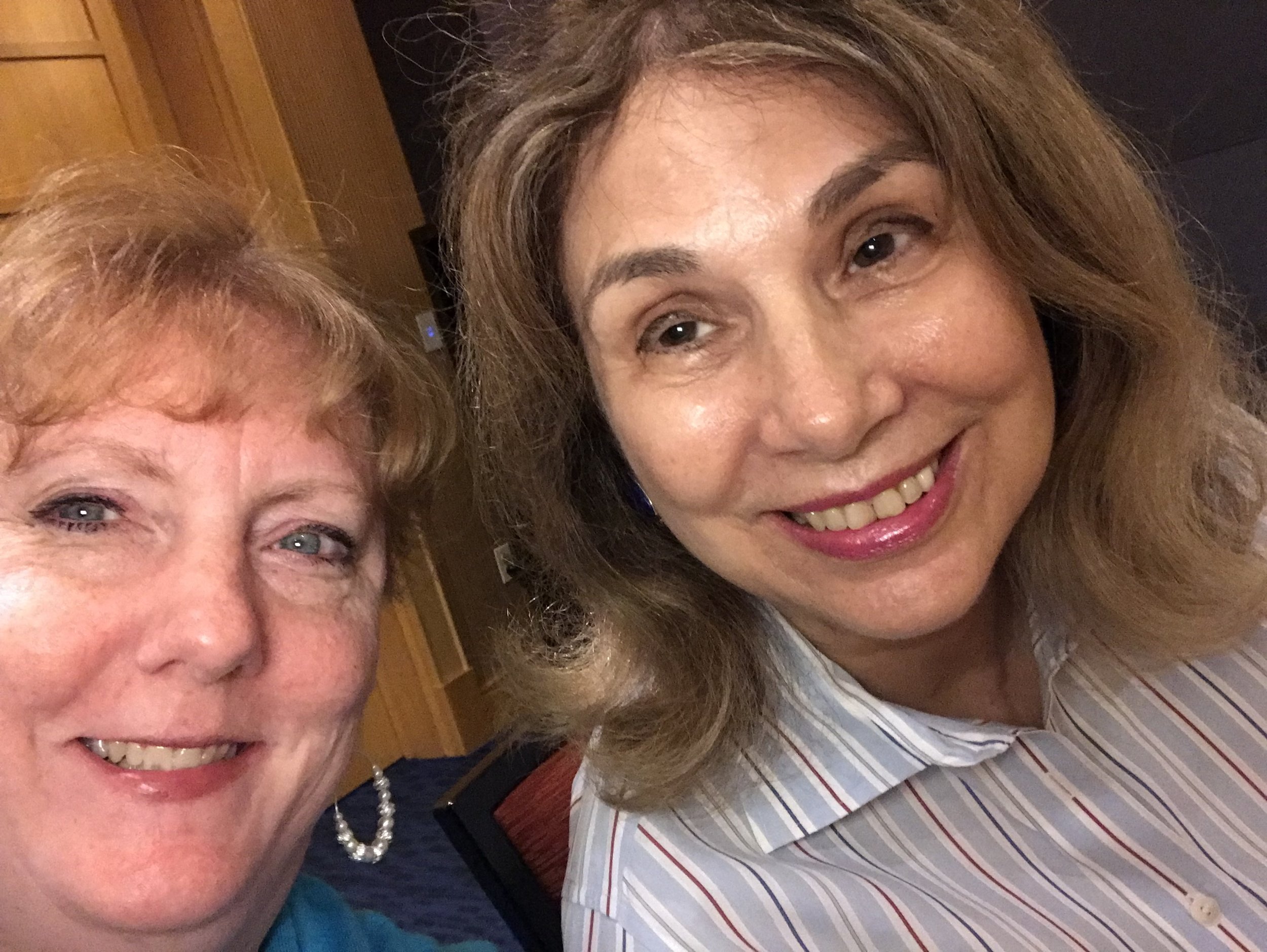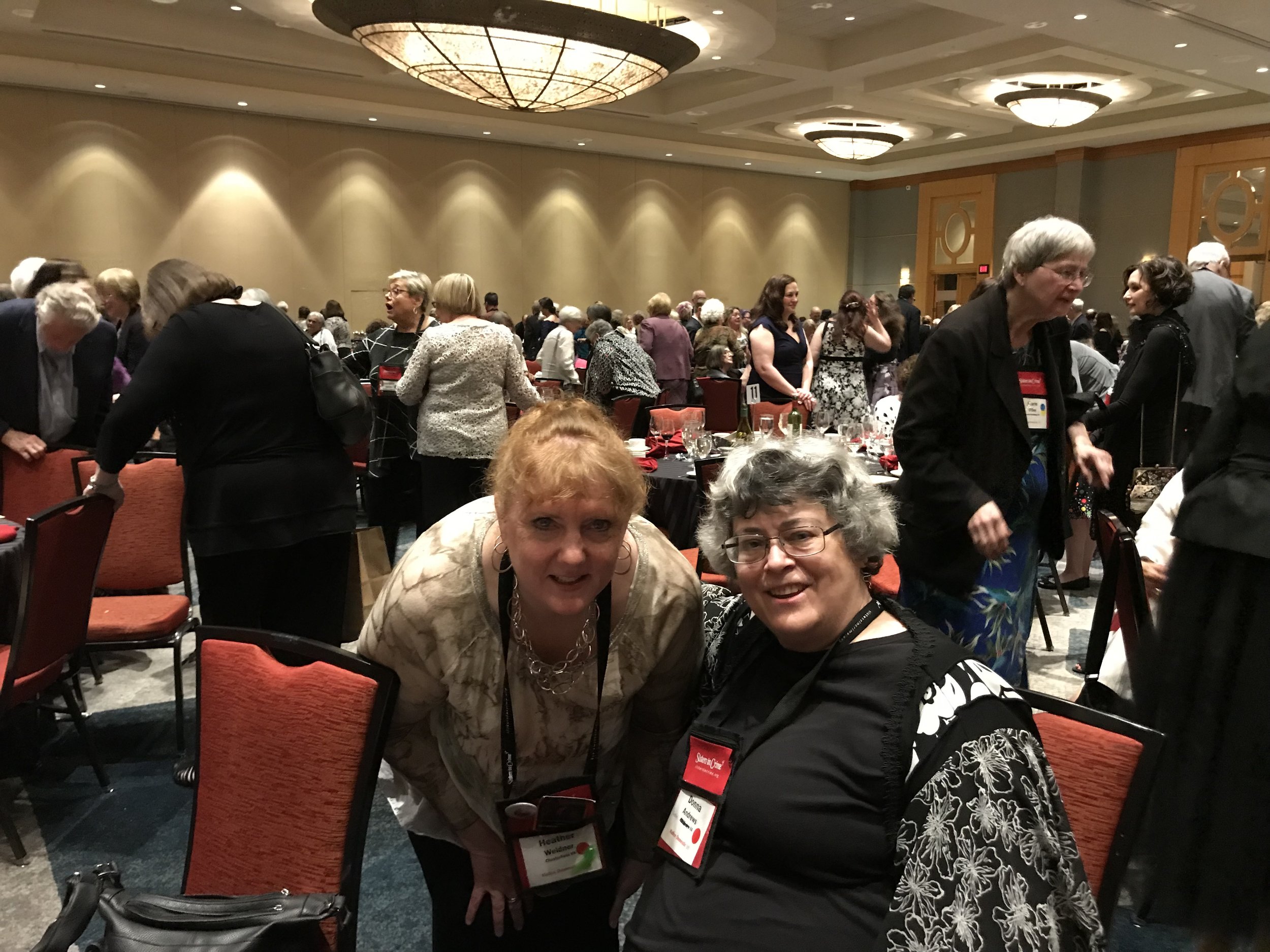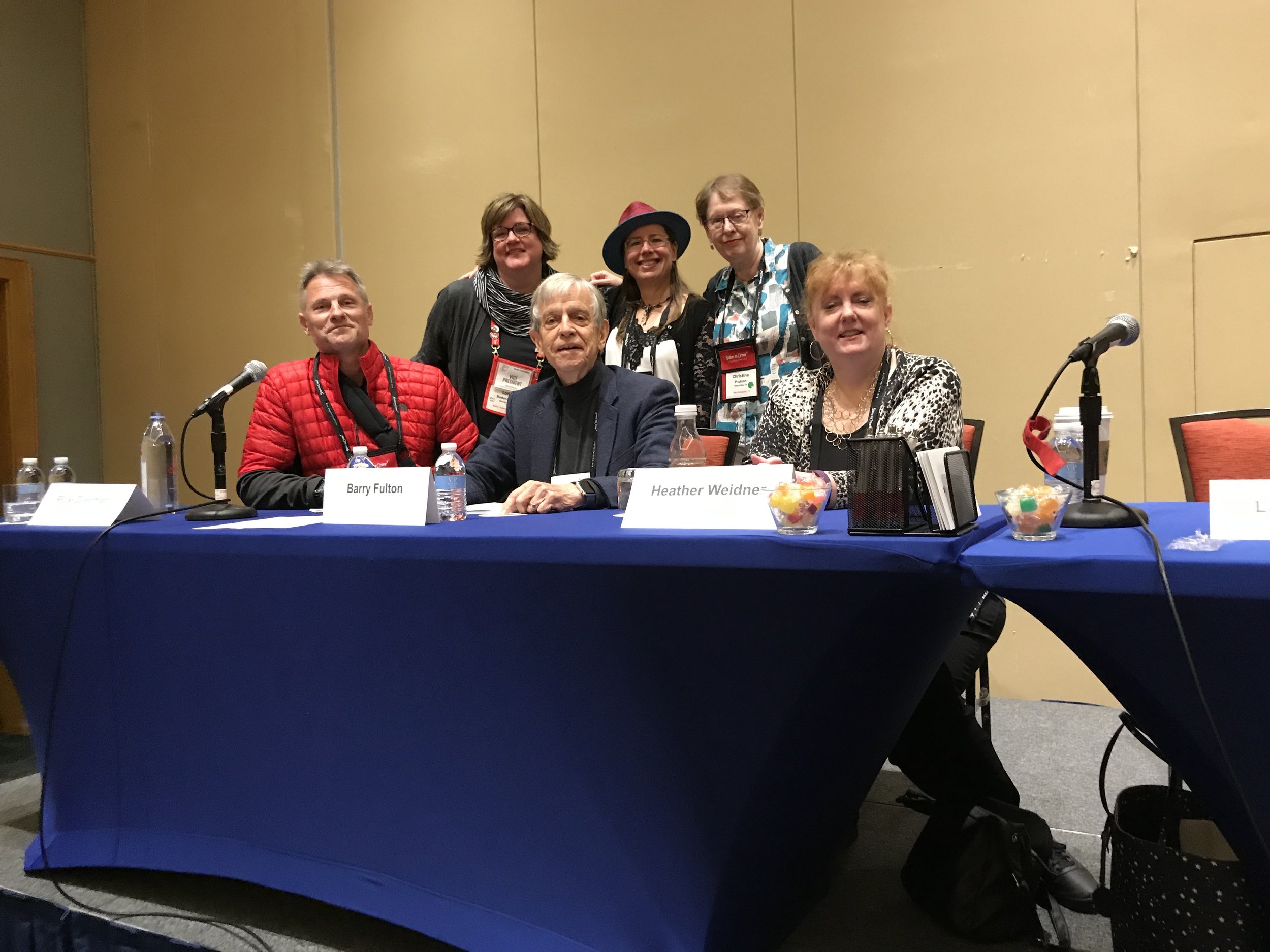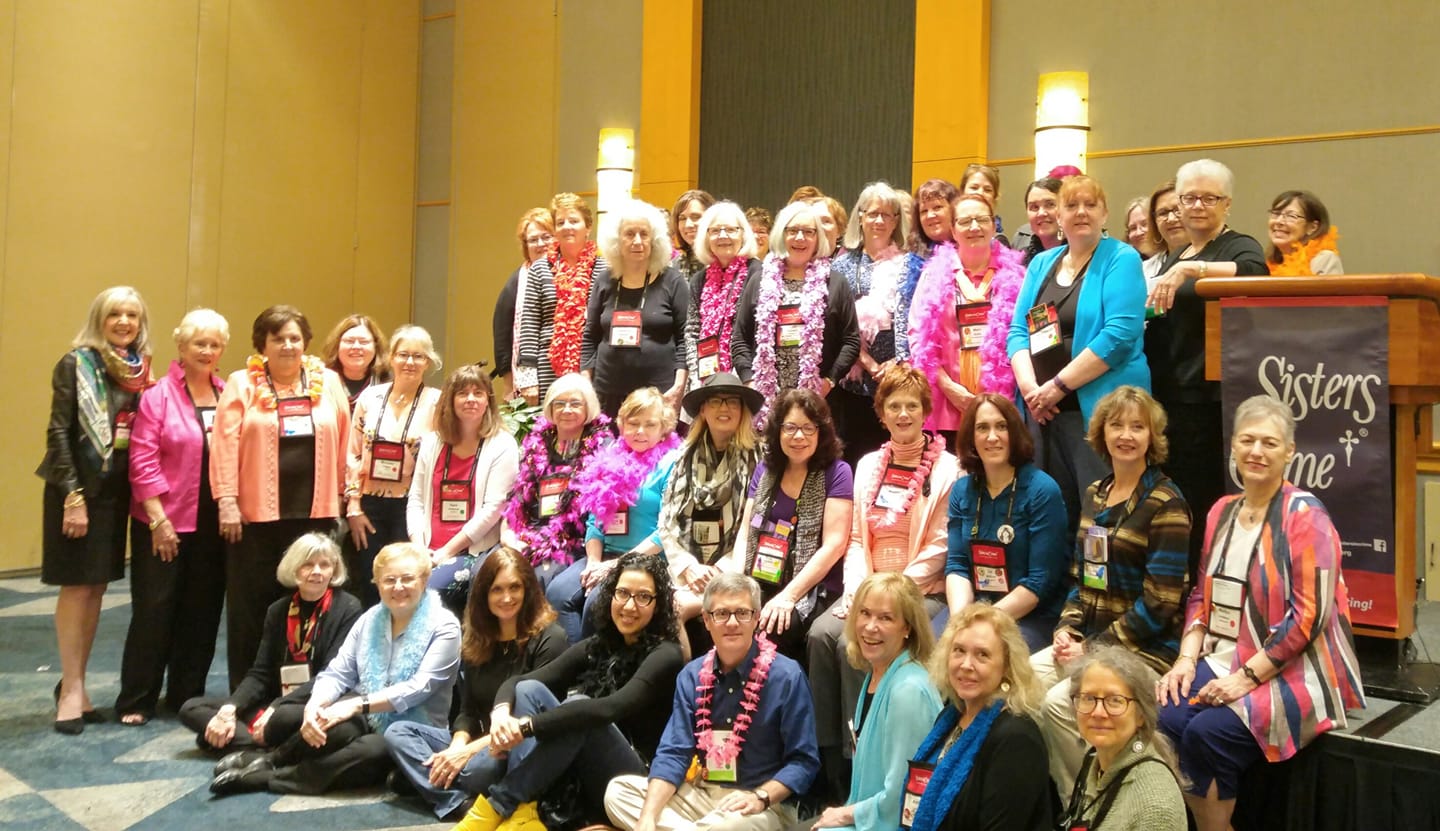For many years, my writing was a hobby for me. I did it for fun and without much thought as to what I would do with the end product once it was finished. I had no deadlines, and I could work on projects at my leisure.
When I decided I wanted to a published author, I realized that it was a business and that I needed to treat it that way. That meant being more organized and structured.
Writing Time/Scheduling - I don’t write every day. Life gets in the way some times. But I do try to write or edit regularly, and I track my word count to see progress.
Try to protect your writing time. It’s so easy to get distracted or involved in other activities. I try to honor the time I reserved for writing. And I do make much more progress when I keep to my schedule (and track my word count progress).
The Business Part - Talk with your legal and/or tax advisors to make sure that you’re compliant with the laws, regulations, and rules in your area. Do you need a tax ID number, what can you claim on your taxes, do you need to collect sales tax, and do you need a business license? I now have a new drawer in my office filing cabinet for book-related documents.
If you’re required to keep receipts, work out a system to collect/organize them for your taxes. Some use a file folder and spreadsheet, and others use an app for tracking expenses and deductions. You’ll need to figure out what works with your style and what provides you the right information when you have to file documents.
If you sell books, you’ll need to decide what you’ll accept (e.g. cash, credit card, debit card, check). I accept all, and I use a Square for the credit/debit cards.
I have to track mileage, sales, and expenditures. I do this faithfully after an event to ensure that it’s current. It is too hard to remember or recreate what I did at an event three months ago. Figure out what works best for you (e.g. file folders, spreadsheets, mobile app, accounting software packages, a personal assistant).
Events - I like to go places and talk with readers, so I like to do a lot of events. I tend to attend the ones where I can talk to readers and do presentations (and have books available for sale). I don’t base my decisions on book sales alone. Sometimes, you make contacts or build relationships that could be worth more in the long run than a sale. Networking is an important component of the writing life.
Your time is valuable, so you need to make sure that book marketing and events don’t overwhelm your writing time.
Your Time - Your time is limited and valuable. Figure out what tasks you can do yourself and what others your budget will allow you to outsource.
I like to do my blog, websites, and social media work. In the past, I have hired a line editor and someone to do specialized graphics for me. I know several authors who have hired digital or personal assistants to do administrative tasks. I also have friends who have hired folks to manage their social media accounts and publicists to coordinate marketing campaigns. Figure out what you do best and focus on those items. One of my author friends hired her granddaughter to help her with her social media. She gets the tasks done, and her granddaughter get spending money and work to show on her resume.
Your Investments - You need to decide what you can budget in terms of your time and money for your writing projects. It can be time consuming and costly if you don’t monitor where you’re spending your resources. I track this and compare it to my sales.
Writing is a business. It’s filled with contract, invoices, sales tax, and tax forms. But the writing is fun, and there is no feeling like opening that box of books and seeing your name on the cover. What else have you encountered in the business world of writing?
Happy writing!













